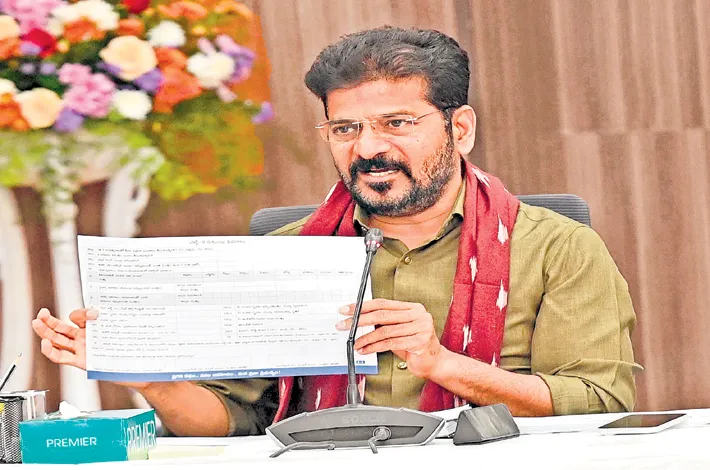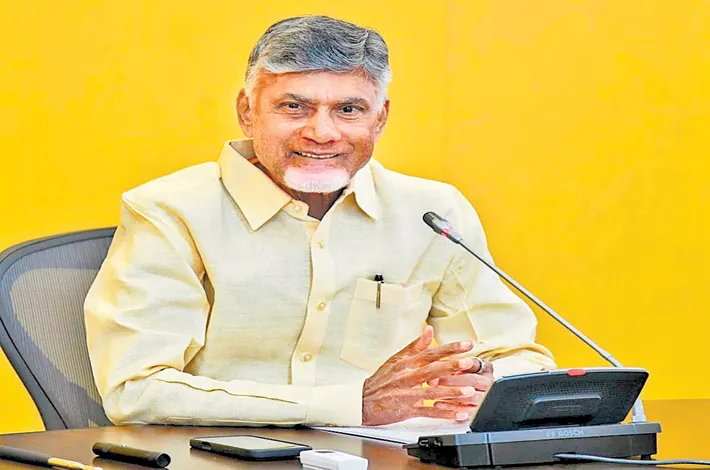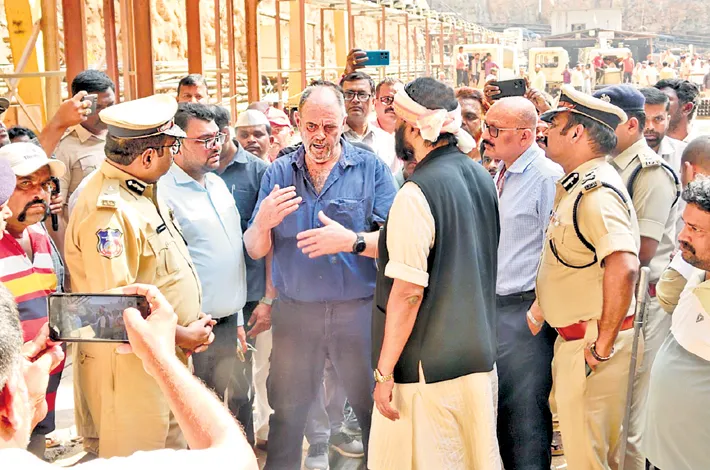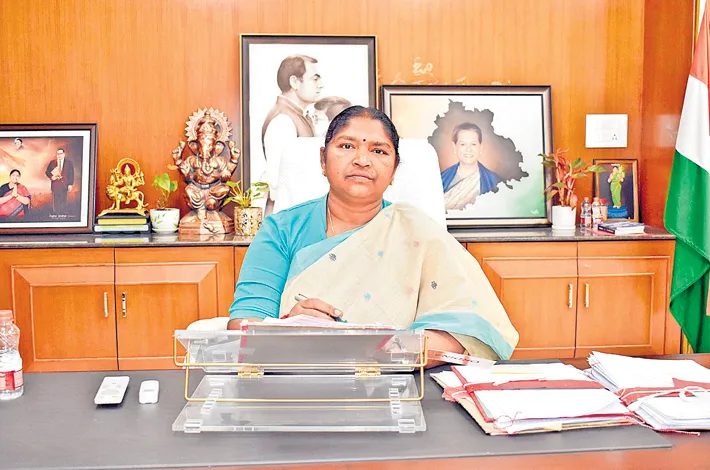The Value of Honesty and Sincerity in Modern Indian Society
13-02-2025 12:00:00 AM
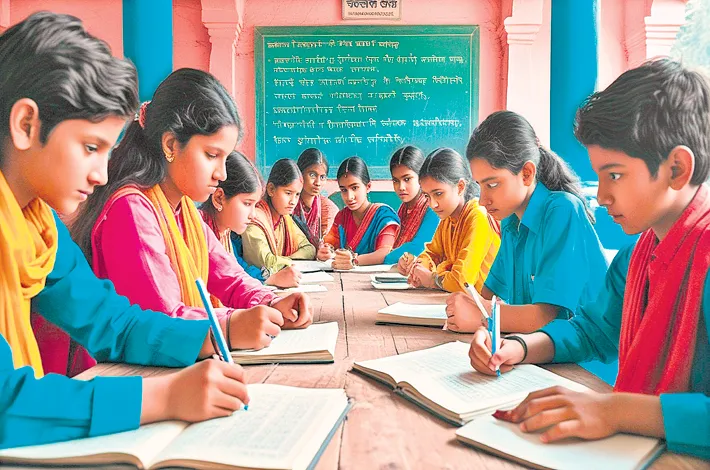
In conclusion, honesty and sincerity in India today are not just about individual morality but are essential for the collective well-being. They are the threads that weave through the fabric of society, strengthening it against the wear of time and change. For India to harness its demographic dividend, embrace technological advancements, and maintain its cultural integrity, these values must be nurtured and celebrated
In the vibrant tapestry of Indian society, where tradition and modernity intertwine, the virtues of honesty and sincerity hold a place of profound significance. These values, deeply rooted in India’s cultural ethos, are not merely moral directives but are pivotal in shaping individual lives, community interactions, and the nation's progress. Here’s an exploration into why honesty and sincerity are indispensable in today's Indian context.
Cultural Foundation
India, with its rich spiritual heritage from Hinduism, Buddhism, Jainism, Sikhism, and other religions, has always emphasized truth and integrity. Scriptures like the Bhagavad Gita extol the virtues of speaking the truth, "Satyameva Jayate" (Truth Alone Triumphs) is not just the national motto but a life principle for many. The teachings of Mahatma Gandhi, who championed truth and non-violence, further ingrained these values into the national consciousness during the freedom struggle.
Personal Integrity
On a personal level, honesty and sincerity foster trust and respect. In a society where family and community bonds are strong, one's word is often one's bond. From everyday dealings in markets to personal relationships, honesty in communication reduces conflicts and builds stronger, more reliable connections. In an age where digital footprints are left behind with every interaction, sincerity in one's actions online and offline shapes one's reputation and integrity.
Professional Life
In the professional realm, these virtues are crucial for career advancement and ethical business practices. The Indian corporate sector, amidst global competition, recognizes that trust is a key asset. Companies and entrepreneurs who practice transparency and sincerity in their dealings often find themselves with loyal customers, satisfied employees, and sustainable business models. The recent push towards corporate governance and ethical business practices underscores this need.
Education and Youth
Education in India, from the ancient gurukul system to modern institutions, has always placed a premium on these values. Honesty in academic pursuits prepares students not just for examinations but for life, teaching them the importance of merit over shortcuts. The youth of India, standing at the cusp of a digital revolution, need these values more than ever to navigate the complexities of information, technology, and global interactions.
Political and Social Governance
At the societal level, honesty and sincerity are foundational to effective governance and social cohesion. Corruption remains a significant challenge, but movements like the Right to Information Act and anti-corruption campaigns spearheaded by figures like Anna Hazare show a societal push towards more transparent and accountable governance. Politicians who embody these values tend to garner greater public trust, which is vital for democratic processes and policy implementation.
Interpersonal Relationships
In personal relationships, sincerity is the cornerstone of trust. Whether it's friendships, marriages, or community interactions, being sincere in one's intentions and actions strengthens bonds. In a society where family structures are evolving, and urban living often leads to isolation, sincerity can bridge gaps, foster understanding, and build communities where people feel valued and heard.
Challenges in Upholding Values
Despite the cultural reverence for these virtues, modern challenges like rapid urbanization, economic pressures, and political corruption test these values. The digital age, while providing platforms for transparency, also brings challenges like anonymity, which can sometimes lead to deceit. Here, the role of media, education, and cultural narratives becomes crucial in reinforcing the importance of honesty.
The Role of Media and Culture
Media, whether traditional or new, has a significant role in promoting or undermining these values. Stories of integrity, cultural narratives celebrating honesty, and public figures who lead by example can inspire millions. Similarly, Bollywood, regional cinema, and literature often reflect and shape public morality, offering tales that celebrate or critique societal values.
Conclusion
In conclusion, honesty and sincerity in India today are not just about individual morality but are essential for the collective well-being. They are the threads that weave through the fabric of society, strengthening it against the wear of time and change. For India to harness its demographic dividend, embrace technological advancements, and maintain its cultural integrity, these values must be nurtured and celebrated.
As each citizen practices these virtues, they contribute to a society that is not only prosperous in material terms but rich in human values, echoing the timeless Indian ethos where truth and sincerity lead to a life well-lived.





